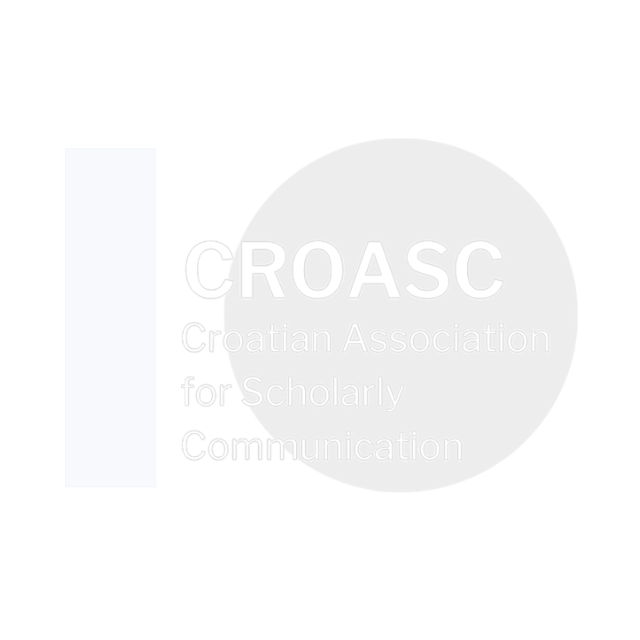FEMLEAD Virtual Learning Lab: Advancing Inclusive Gender Methodologies in Open Science and STEM
poster presentation × thursday × 14.00-15.30
Tomislav Ivanjko
University of Zagreb Faculty of Humanities and Social Sciences
Zagreb, Croatia
Ivana Hebrang Grgić
University of Zagreb Faculty of Humanities and Social Sciences
Zagreb, Croatia
The FEMLEAD project (Fostering FEMale participation and LEADership in open science initiatives) is a three-year Erasmus+ cooperation partnership (KA220-HED) aimed at transforming how higher education institutions (HEIs) address gender inequality and open science (OS) integration in research and innovation systems. Bringing together a multidisciplinary consortium of academic and non-academic partners – including Université de Montpellier (France), Citizens in Power (Cyprus), University of Zagreb (Croatia), Institute for Methods Innovation (Ireland/USA), and Babeș-Bolyai University (Romania) – FEMLEAD responds to long-standing disparities in STEM fields by foregrounding women’s participation, leadership, and visibility within the evolving landscape of open science (FEMLEAD, 2025).
The initiative builds on the recognition that persistent gender gaps – exacerbated for minority women – continue to limit diversity in research leadership, innovation pipelines, and OS participation across the European Research Area (ERA). Recent policy frameworks, such as the European Commission’s Gender Equality Strategy 2020–2025 (European Commission, 2021), underscore the importance of structural, institutional, and cultural transformations that support gender-balanced research environments. Similarly, the Open Science Policy Platform Final Report (European Commission, 2020) and the UNESCO Recommendation on Open Science (UNESCO, 2021) both emphasize the democratisation of science, transparency, and inclusiveness as essential conditions for systemic change.
At the heart of FEMLEAD lies the Virtual Learning Lab (VLL), a digital, co-creative learning environment designed to embed inclusive gender methodologies within open science practices and STEM-related higher education. Developed under Work Package 2, the VLL serves as both a training infrastructure and a strategic change mechanism for HEIs. It operationalises four key OS dimensions – open knowledge, open infrastructure, engagement with societal actors, and dialogue with other knowledge systems – into actionable training modules and participatory policy tools.
The VLL’s design is grounded in participatory methodologies informed by intersectionality and systems thinking. During the project’s first phase, comprehensive institutional mapping was conducted to analyse current gender equality and OS policies across partner institutions. In parallel, qualitative consultations were carried out with more than 200 stakeholders – female researchers, students, HEI staff, policy actors, and grassroots organisations – across partner countries. These consultations identified key gaps, barriers, and aspirations, particularly around retention, access to leadership opportunities, work-life balance, recognition, and participation in OS and STEM initiatives. These voices now shape the pedagogical content and structural design of the VLL.
The first module, Transforming Higher Education Institutions, currently nearing completion, introduces core themes including gender-responsive institutional transformation, inclusive leadership, mentorship practices, and the promotion of diverse role models in STEM. Drawing on evidence from feminist pedagogy and inclusive design frameworks, this module emphasizes critical reflection, co-creation, and peer learning. Its digital format includes asynchronous e- learning, interactive case studies, and participatory evaluation tools designed to support flexible engagement – especially for those with caregiving responsibilities or from under-resourced settings.
A distinguishing feature of the VLL is its alignment with the project’s broader multi-stakeholder implementation model. Modules are not only designed for HEI students and researchers but also for administrative staff, policy makers, and societal actors. This reflects FEMLEAD’s commitment to institutional transformation beyond individual skill-building. By providing tools for monitoring gender indicators, assessing policy implementation, and facilitating institutional dialogue, the VLL becomes a vehicle for both capacity-building and organisational change.
The implementation of the VLL is situated within a broader framework that includes three complementary work packages. Work Package 3 focuses on OS implementations: it facilitates the participation of 50 female HEI researchers and students in 15 STEM-OS projects, alongside three OS fairs and five Info Days across partner institutions, reaching over 1600 participants. These activities reinforce the applied value of VLL training and provide spaces for showcasing women- led initiatives and research outputs. Simultaneously, Work Package 4 organises five multi- stakeholder policy labs, through which Gender Equality Action Plans and institutional policy recommendations are co-developed. These outputs will feed back into the VLL, ensuring that it remains a dynamic and reflexive platform.
The theoretical rationale for FEMLEAD rests on an understanding of science as a socio-technical system in which epistemological, institutional, and cultural norms intersect. Gender disparities in research, particularly in STEM, are not solely the result of individual biases or isolated institutional policies but reflect broader structural inequalities. Open science, with its commitment to transparency, participation, and equity, provides a normative and practical framework through which these inequities can be addressed – if implemented with an intersectional lens (UNESCO, 2021).
However, as the European Commission (2020) warns, the promises of OS cannot be realised without critically examining the infrastructures, incentives, and access modalities that underpin it. The VLL thus acts as a scaffold for such critical engagement, fostering learning environments that are not only open but also intentionally inclusive. In doing so, it contributes to the transformation of research cultures from within, aligning with feminist theories of change that emphasize the redistribution of power, visibility, and recognition (European Commission, 2021).
By the project’s end in 2027, FEMLEAD envisions a sustainable digital infrastructure that will remain in use and further developed by partner HEIs and beyond. It aims to contribute to long- term transformations in how universities understand and implement gender equality in research and education. The VLL will be accessible in multiple languages and integrated into institutional learning management systems, ensuring broad reach and adaptability. The broader impact of FEMLEAD extends to policy dialogue, curriculum development, citizen engagement, and institutional benchmarking. Through its focus on OS and gender, it addresses key European priorities related to inclusion, civic participation, and excellence in research and innovation. By fostering the leadership of women – particularly those from underrepresented backgrounds – in shaping future research agendas, the project contributes to the diversification of science and to more just and equitable knowledge production.
keywords
gender equality; higher education; open science; STEM, virtual learning lab
References
European Commission. (2020). Open Science Policy Platform: Final Report. https://ec.europa.eu/research/openscience/pdf/ec_rtd_ospp-final-report.pdf
European Commission. (2021). Gender Equality Strategy 2020–2025. Brussels: European Commission. https://commission.europa.eu/strategy-and-policy/policies/justice-and-fundamental-rights/gender-equality/gender-equality-strategy_en
UNESCO. (2021). Recommendation on Open Science. Paris: UNESCO. https://unesdoc.unesco.org/ark:/48223/pf0000379949
FEMLEAD (2025). FEMLEAD: Fostering Female Participation and Leadership in Open Science Initiatives. https://femlead.eu/










